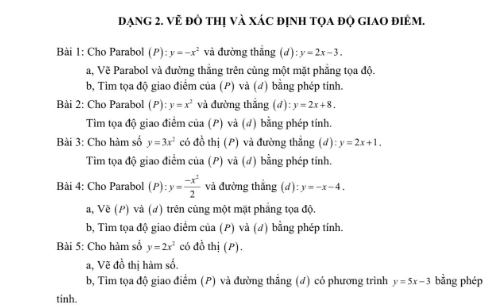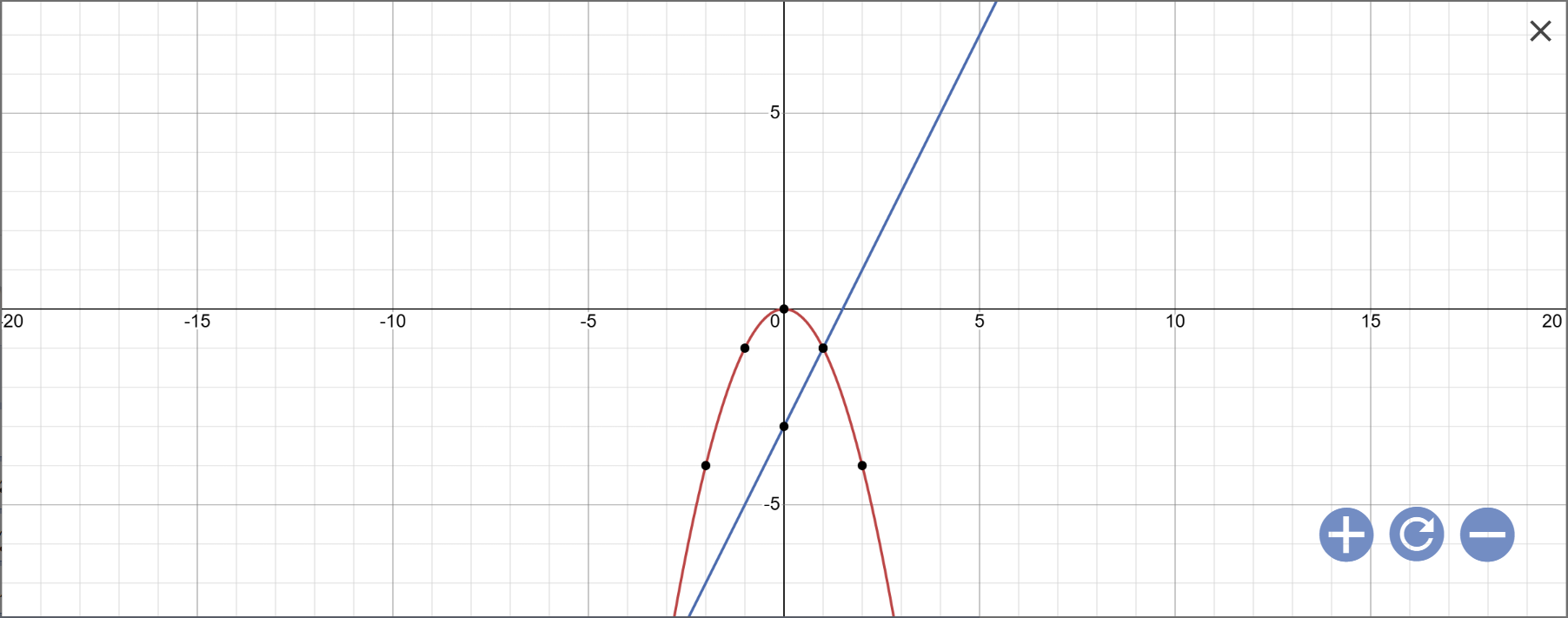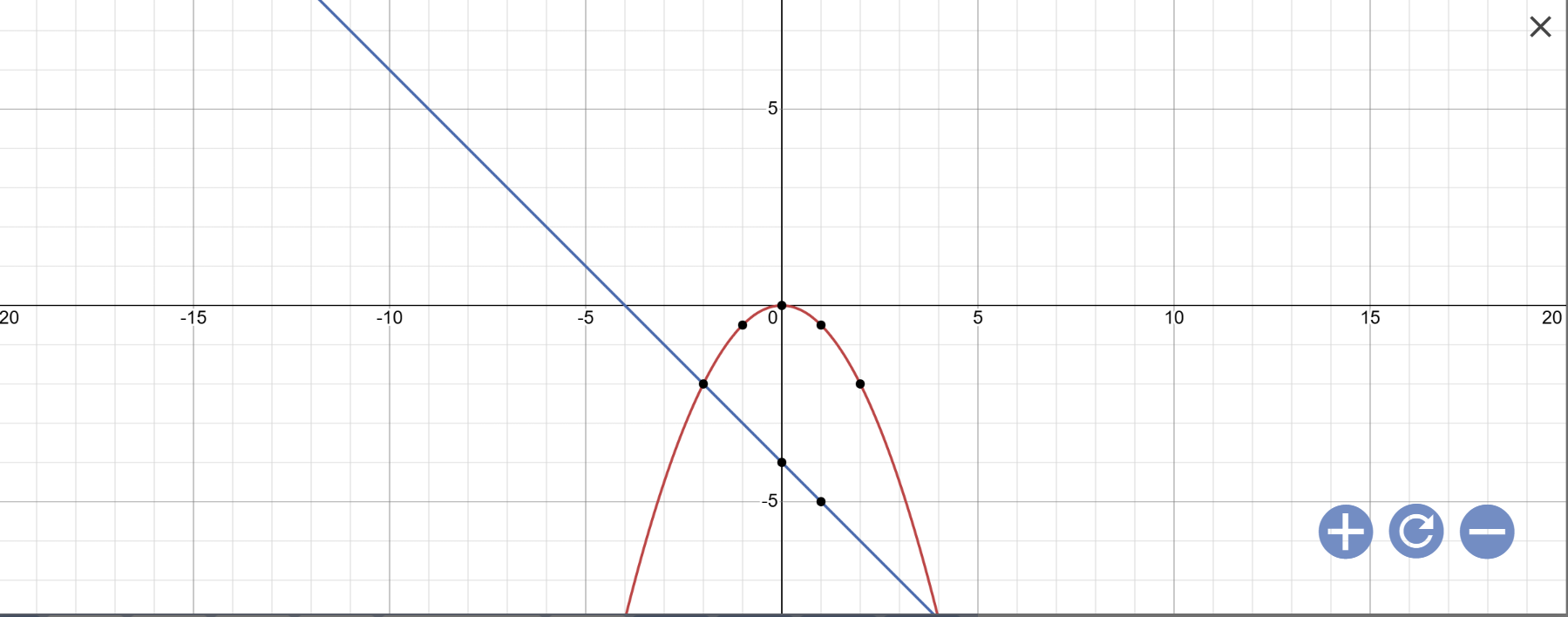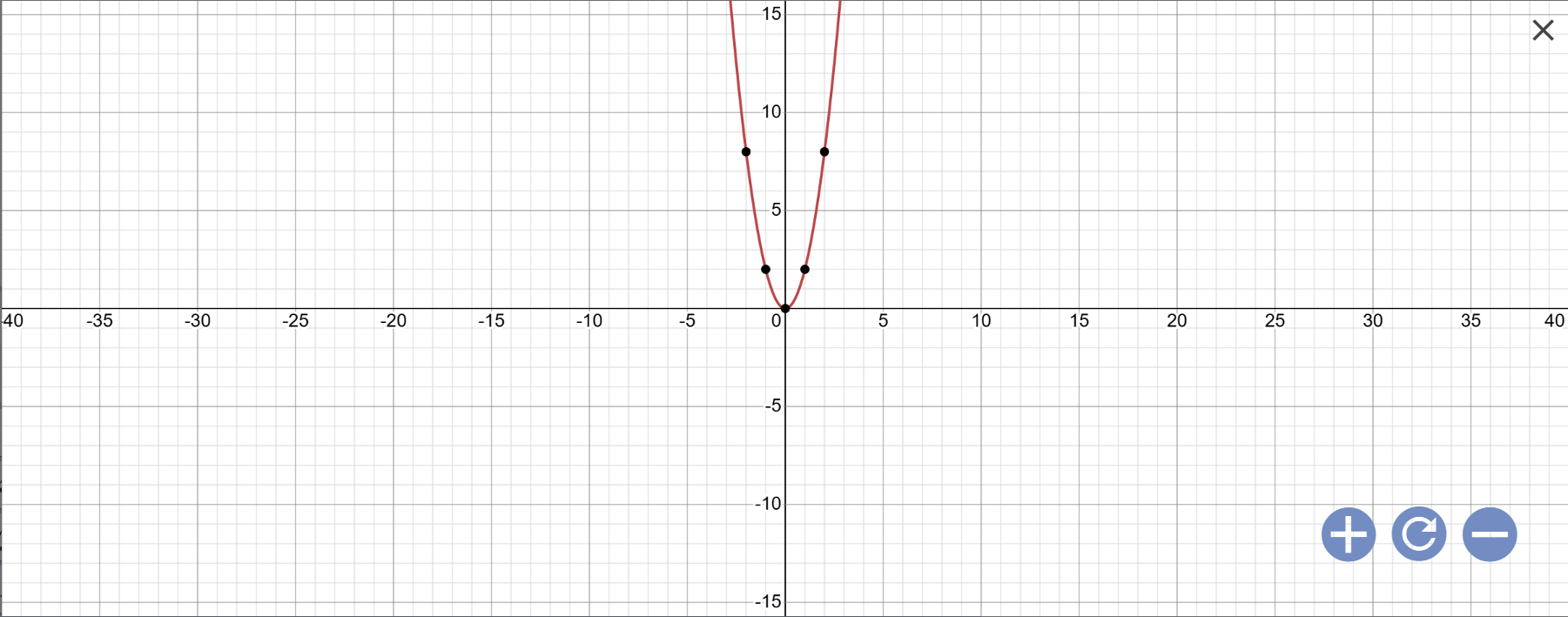Người ta trồng cà rốt và thử nghiệm một loại phân bón mới. Khi thu hoạch người ta đo chiều dài các củ cà rốt thu được kết quả sau:
| Chiều dài (cm) | $[15;16)$ | $[16;17)$ | $[17;18)$ | $[18;19)$ | $[19;20)$ | $[20;21)$ |
| Tần số (n) | $8$ | $17$ | $30$ | $28$ | $12$ | $5$ |
a) Lập bảng tần số tương đối ghép nhóm.
b) Vẽ biểu đồ tần số tương đối ghép nhóm dạng cột cho bảng thống kê thu được ở câu a.




